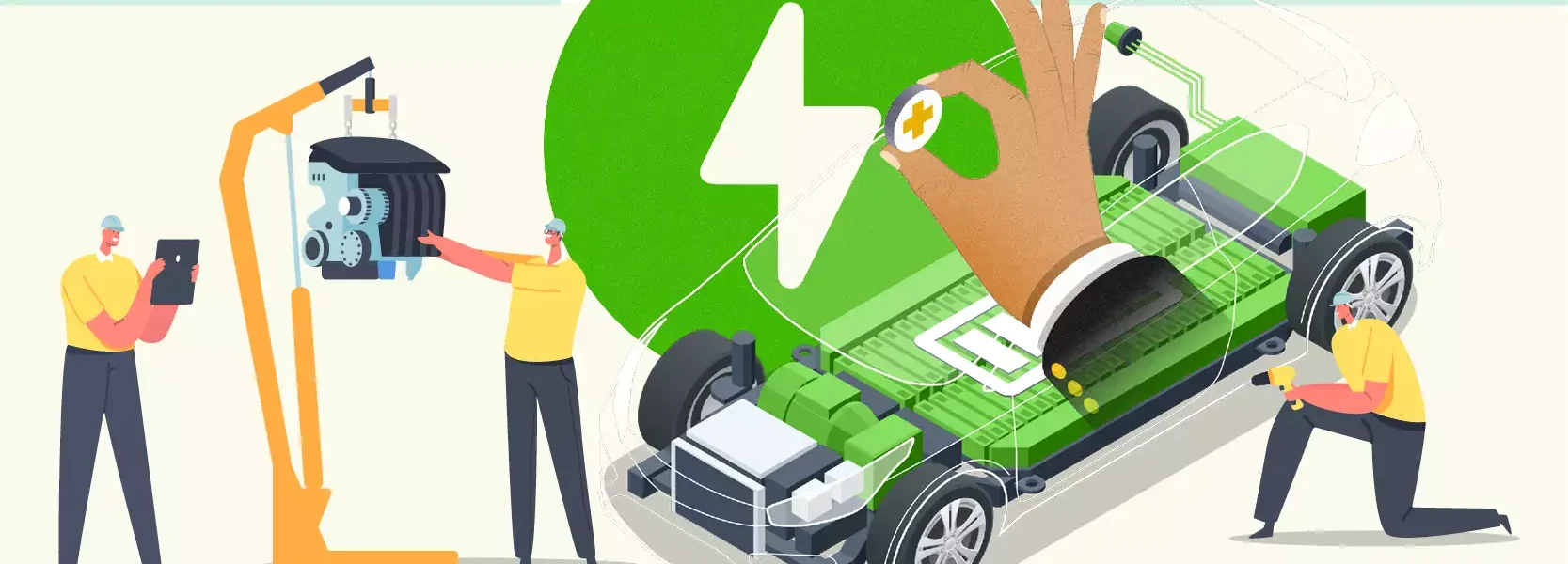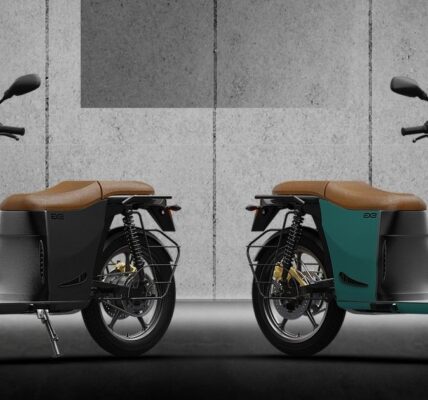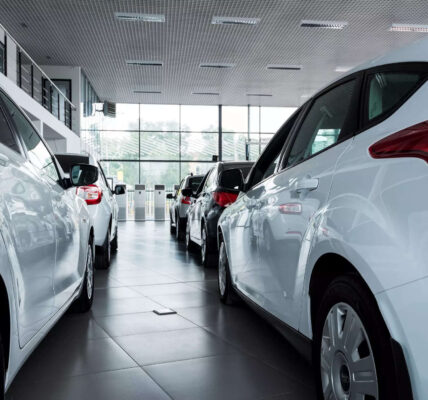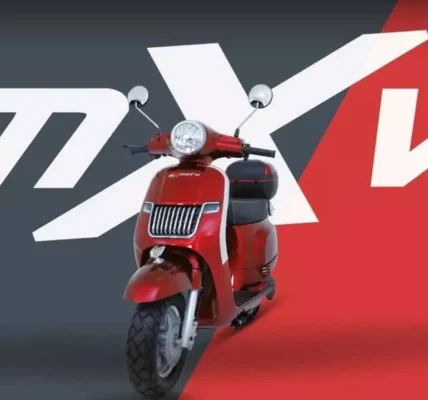The Indian government is considering pulling the plug on its Rs 10,000-crore Faster Adoption and Manufacturing of Electric Vehicles (EV) in India or FAME-II scheme after the next financial year, ET reported on March 7.
The subsidies, which were seen as a significant boost for the burgeoning EV sector, hit a roadblock when allegations of misusing the sops by providing misleading information and wrongfully declaring imported components as locally sourced sprang up last year.
The change in the government’s stance comes after the ministry of heavy industries, which administers FAME, launched an investigation into the alleged misappropriation of subsidies under the scheme by two-wheeler EV makers. Subsequently, the ministry halted the release of subsidies in some cases.
“We are unlikely to extend the scheme beyond FY24,” a senior government official to ET, adding that key FAME-II goals will be achieved by then.
Under the FAME scheme, companies can offer a discount of up to 40% on the cost of locally manufactured vehicles and claim it as a subsidy from the government. The investigations are focused on the claimed local content.
In October last year, the ministry of heavy industries sent notices to a clutch of EV makers such as Hero Electric, Okinawa, Revolt Motors, and Coimbatore-based electric vehicle manufacturer Ampere Vehicle to check if the components used in their vehicles are largely locally.
Initially, the government pulled up some of the EV makers as they were availing the sops without any value addition taking place in India.
They used imported components mainly from China. Others like Ola Electric, Ather Energy, TVS Motors and HeroMotoCorp came under the government scanner recently after allegations emerged of these companies mispricing their vehicles to avail the FAME-II subsidies, ET reported on February 9.
The Ministry of Heavy Industries began the latest enquiry following a whistle-blower complaint that these four companies falsely claimed subsidies of at least Rs 300 crore by billing integral parts such as the charger and proprietary software separately from the two-wheeler.
The government has asked the companies to come clean on these allegations.
Following the allegations, the government increased its scrutiny and mandated the EV makers to produce a certificate from a chartered accountant empanelled with the Comptroller and Auditor General, verifying the extent of imported components in their vehicles before their products could qualify for subsidies under the scheme.
According to industry estimates, subsidy payments of Rs 1,100 crore under the scheme have been held back by the government. Industry executives also said the manufacturers are facing an extreme shortage of working capital as they had already passed on the subsidy benefit to customers and were waiting for reimbursement from the government.
“As a category, e-2W sales will struggle to reach 7,20,000-7,50,000 units this fiscal, a 25% blip of the annual projection of 1 million units done by the Niti Aayog and the SMEV,” Sohinder Gill, direction-general of the Society of Manufacturers of Electric Vehicles (SMEV), had told ET. Gill is also the chief executive of Hero Electric, one of the firms under investigation.
The Centre could instead offer incentives to EV makers through ongoing production-linked incentive (PLI) programmes to support the sector.
Under the PLI scheme, benefits will be accrued at the manufacturers’ end. This will be through PLI programmes covering advanced chemistry cell (ACC) battery storage, automobiles, and auto components, the official said. In FAME-II, the subsidy is disbursed at the point of sale of the vehicles.
“The PLI support for ACC, automobile, and auto component industry will start getting disbursed from FY24 and gain momentum in subsequent years. These will make manufacturing costs of all vehicles, including EVs, cheaper in the country,” the official said.
The Centre has earmarked Rs 25,938 crore for automobiles and auto components under the PLI programme.







